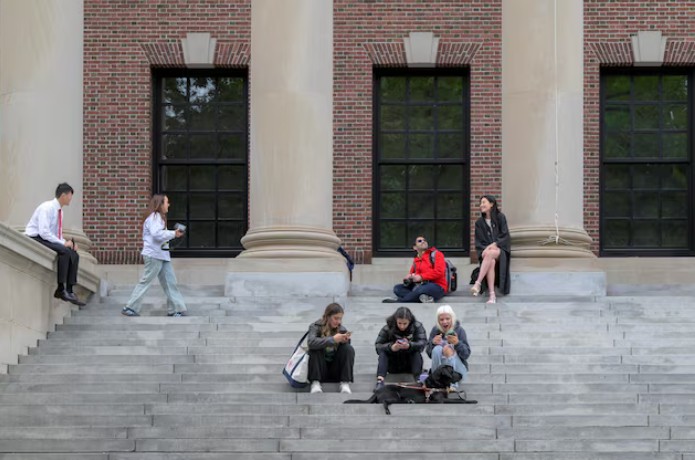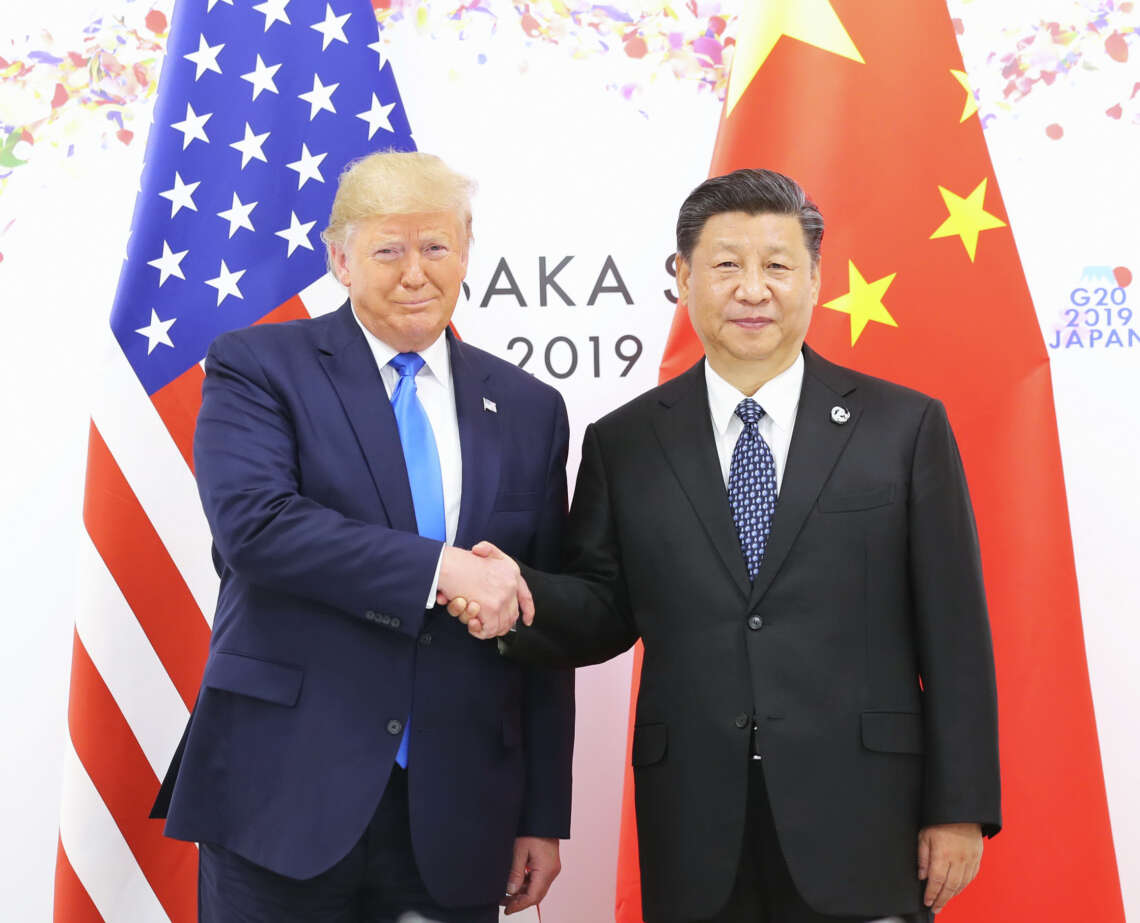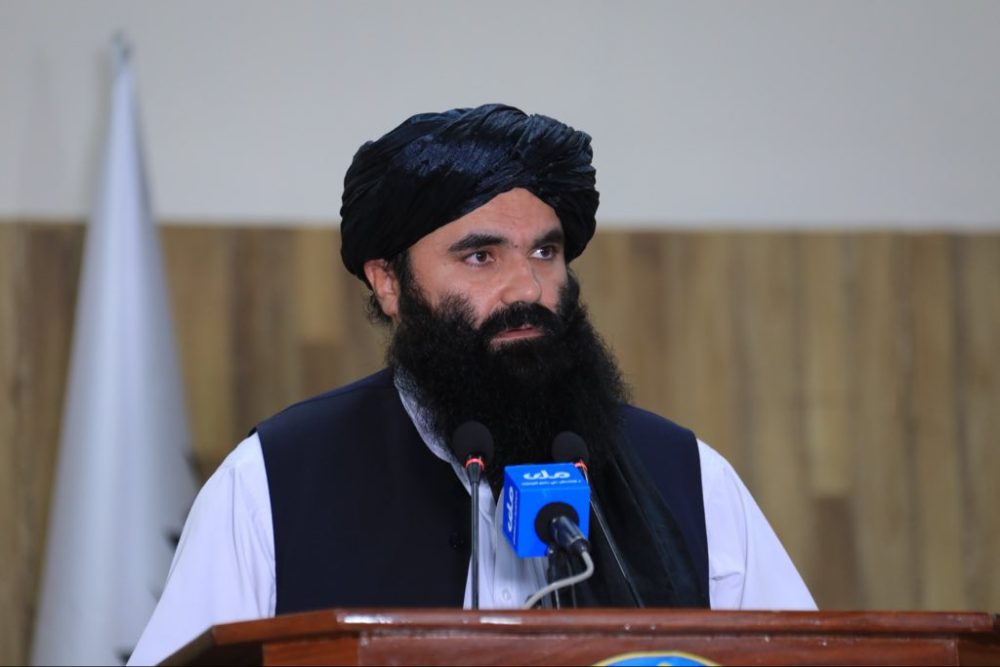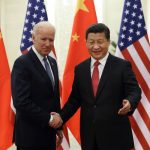The announcement comes as the United States prepares for the 250th anniversary of the Declaration of Independence in 2026….reports Asian Lite News
President Donald Trump has announced a new supplemental priority for federal education grants, aimed at promoting what his administration describes as “patriotic education” across American schools.
The proposal, revealed on Wednesday, represents the fifth supplemental priority introduced under Education Secretary Linda McMahon and is set to guide how the Department of Education awards future discretionary grants. Officials said the measure is intended to strengthen civic education by encouraging teaching of American history, values and geography in what they called a fair and unbiased manner.
“In the American system, educated citizens who know their rights and embrace their responsibilities cooperate to build a more perfect Union,” Secretary McMahon said in a statement. “It is imperative to promote an education system that teaches future generations honestly about America’s founding principles, political institutions and rich history. To truly understand American values, the tireless work it has taken to live up to them, and this country’s exceptional place in world history, is the best way to inspire an informed patriotism and love of country.”
The announcement comes as the United States prepares for the 250th anniversary of the Declaration of Independence in 2026. The Department framed the proposal as part of wider efforts to support curricula that highlight both the nation’s achievements and its continuing struggles toward equality and justice.
According to the Department, patriotic education is designed to present history in a manner that is “accurate, honest and inspiring.” It would emphasise the nation’s founding ideals, while also recognising the challenges faced in realising them fully. Officials said the approach would spotlight the role of civil rights leaders and ordinary citizens in extending constitutional protections to all Americans, presenting these struggles as evidence of the country’s resilience and capacity for progress.
The Department added that such a framework seeks to unify rather than divide, affirming that dedication to America’s core values remains meaningful in the modern age. “Patriotic education is not about ignoring failings,” one official said, “but about understanding them within the broader story of a nation continually striving to improve itself.”
The proposal is likely to reignite long-running debates over how history should be taught in American schools. For years, curriculum decisions have been a flashpoint in the country’s so-called “culture wars”, with disagreements over whether schools should place greater emphasis on America’s achievements or its failings, particularly with regard to slavery, racism and inequality.
Critics of similar initiatives in the past have warned that efforts to promote “patriotism” risk glossing over the darker chapters of US history. Supporters, however, argue that students need a grounding in America’s founding ideals and democratic values if they are to become informed citizens. By linking the initiative to the country’s upcoming semi-quincentennial, the Trump administration has signalled its intent to frame the milestone around unity, pride and national identity.
The proposed grant priority has been published in the Federal Register and will remain open for public comment for 30 days. Once the consultation process concludes, the Department of Education will review feedback and finalise the measure.
If adopted, the priority will play a role in shaping how federal funding is directed in competitions for civic and history education projects. This means schools, non-profit organisations and education providers applying for federal grants would need to demonstrate how their programmes support the principles of patriotic education in order to be considered.
Education experts say the practical impact will depend on the scale of funding attached and the willingness of schools to adopt curricula in line with the guidelines. While some states and districts may embrace the approach, others could resist, citing concerns about federal influence on local education decisions.
The debate over patriotic education reflects a broader tension in American society: how to balance pride in national achievements with a clear-eyed acknowledgement of historical injustices. The Department’s framing—emphasising both the country’s exceptionalism and its imperfections—appears designed to reassure both supporters and sceptics.














